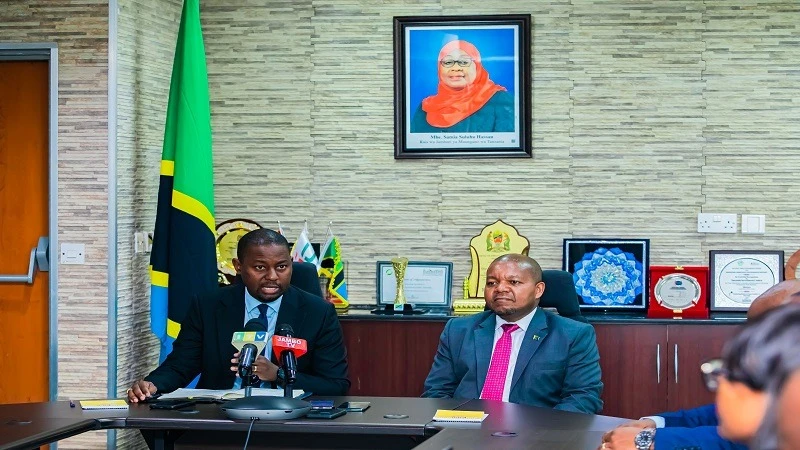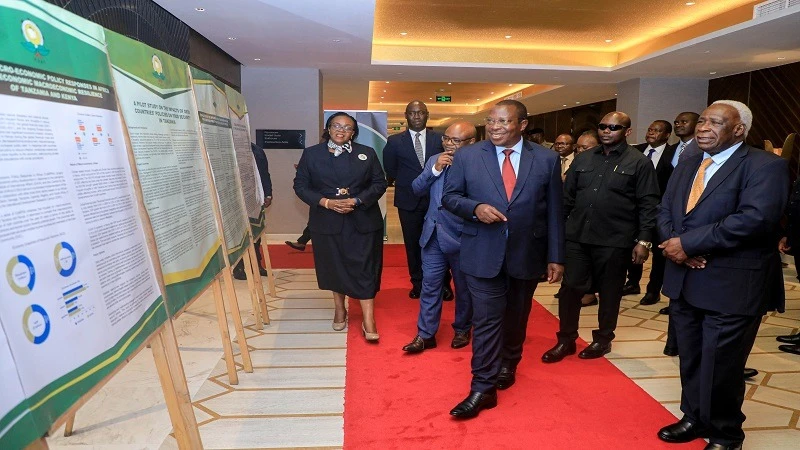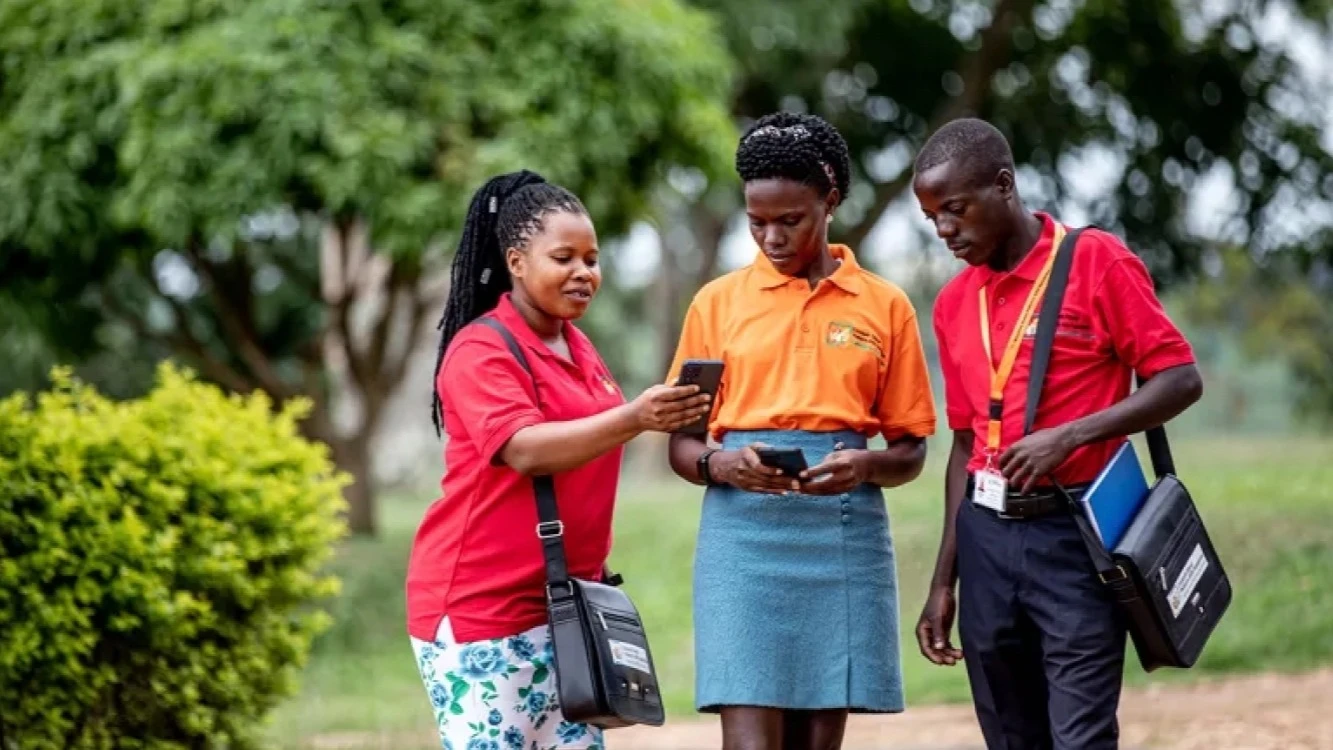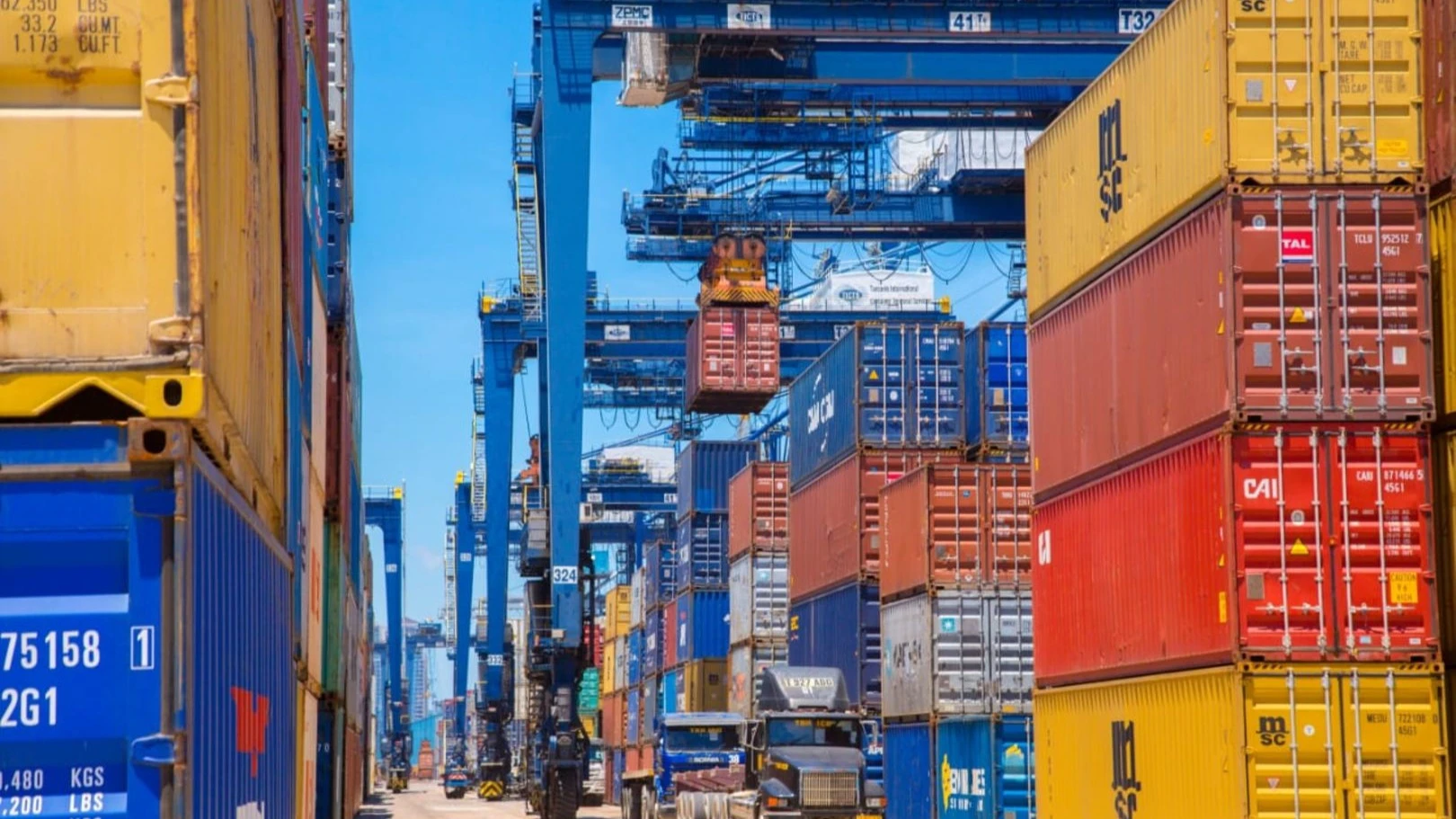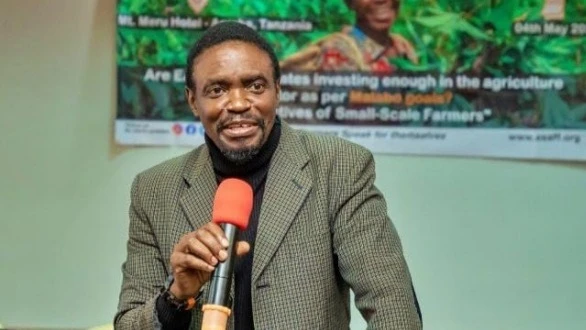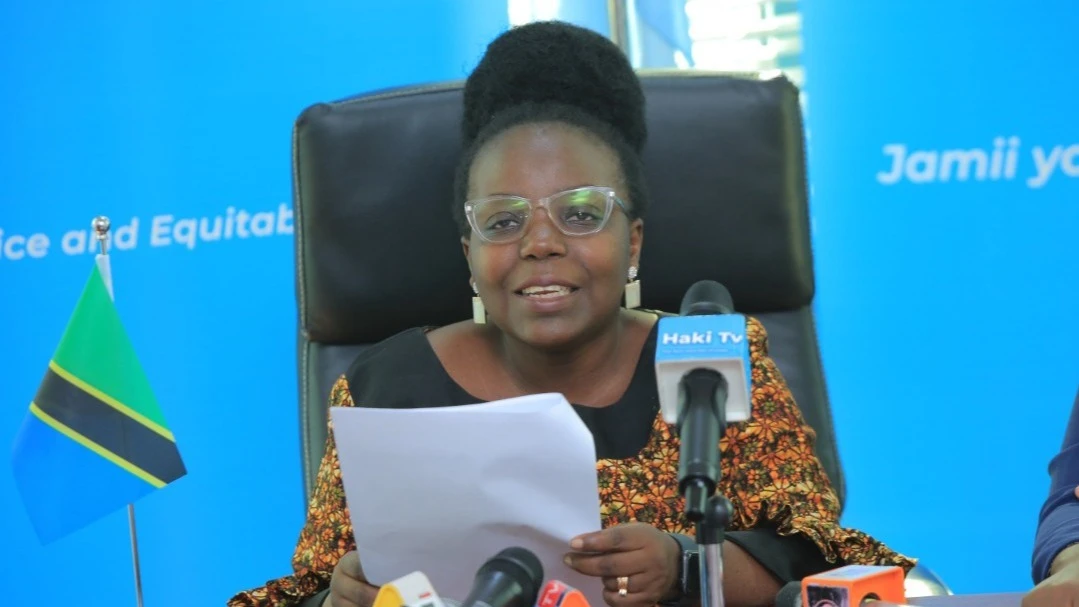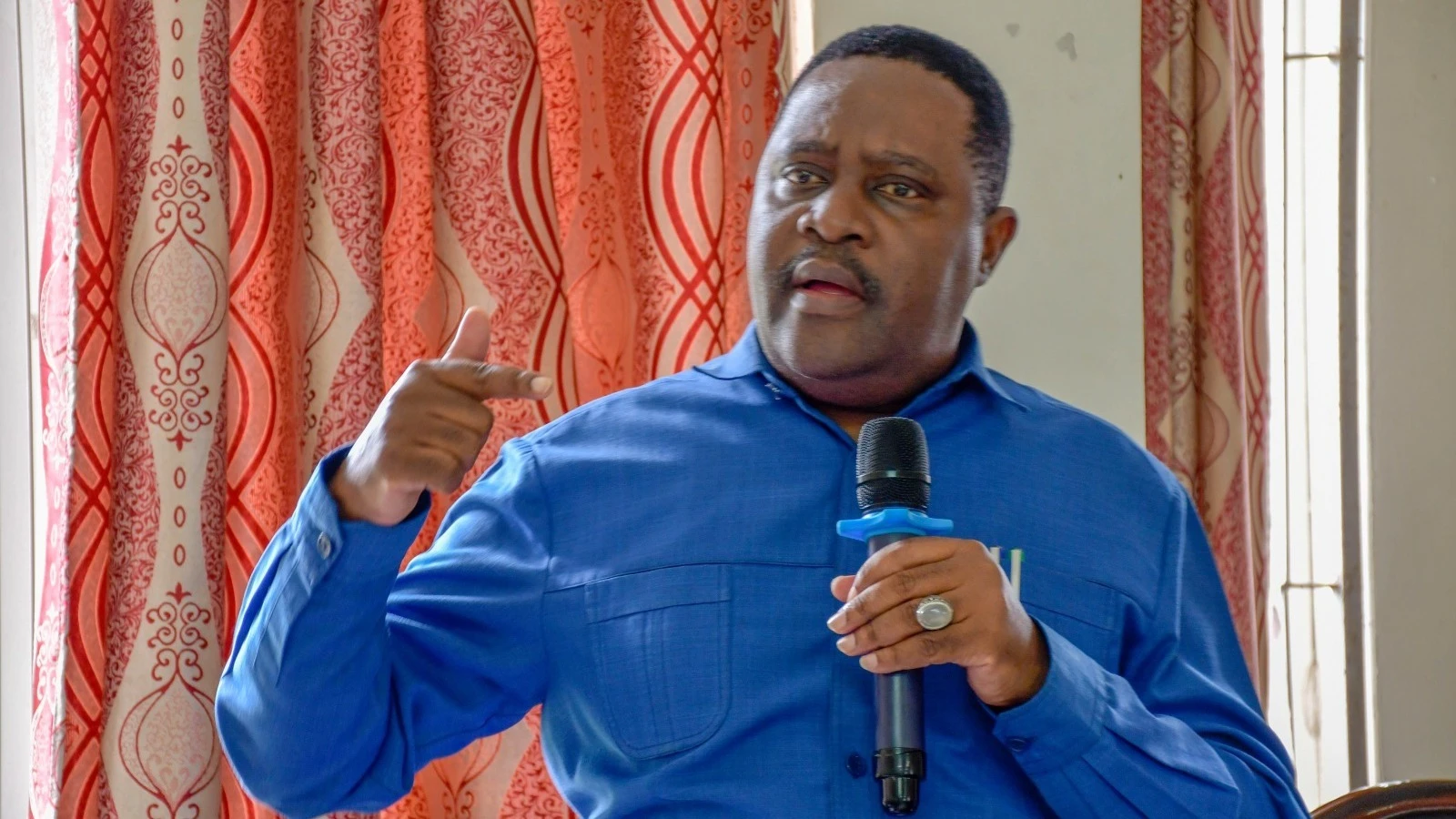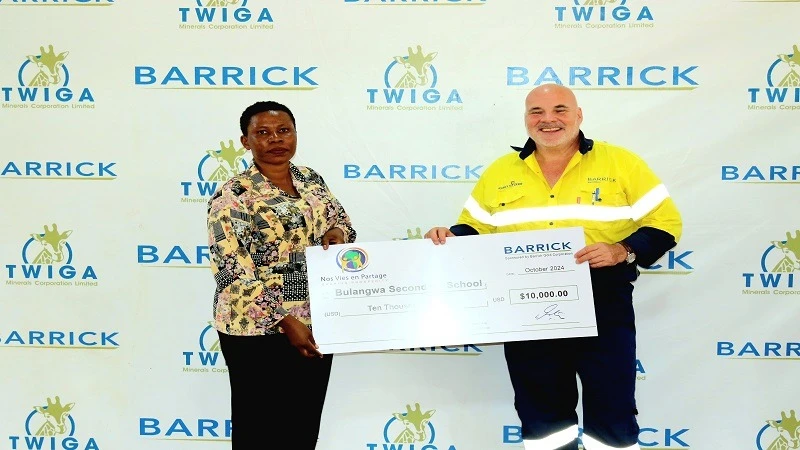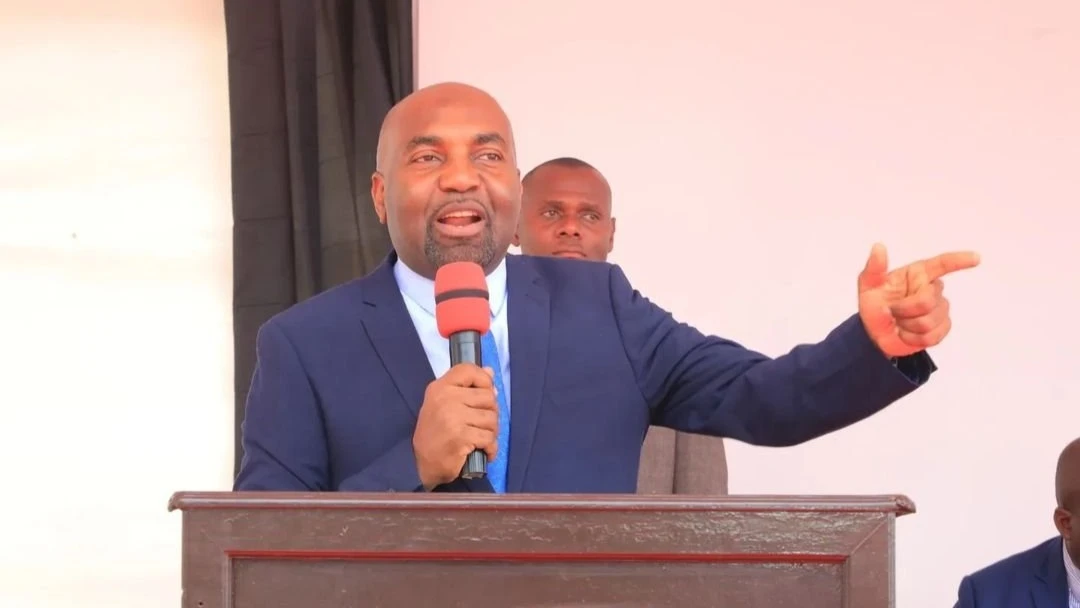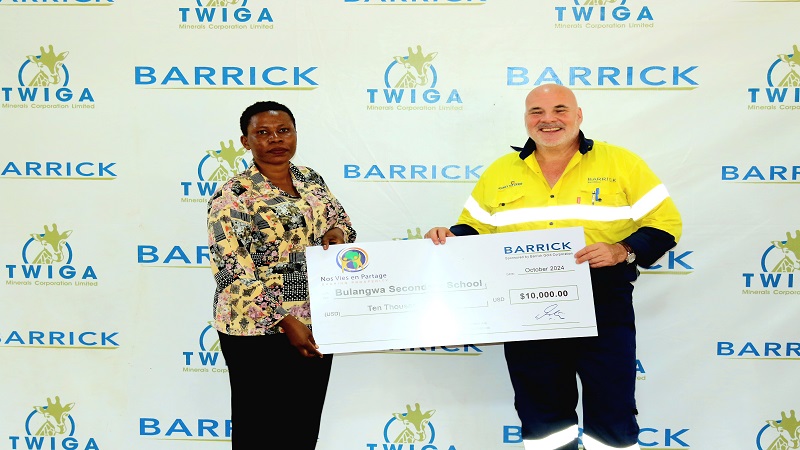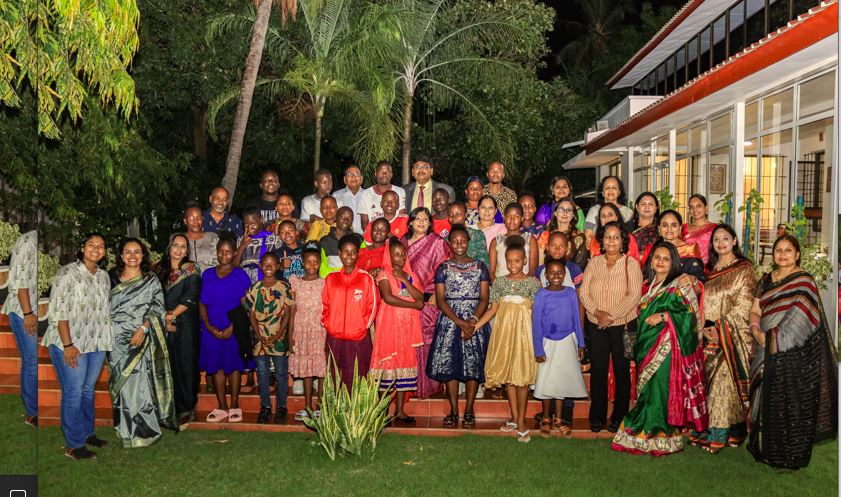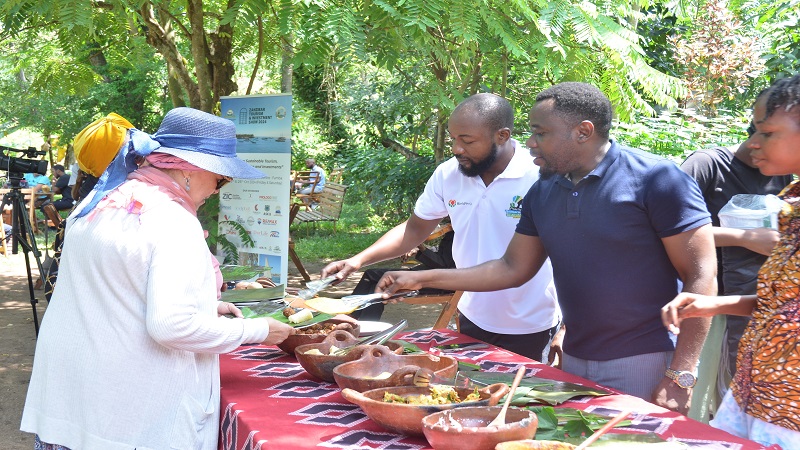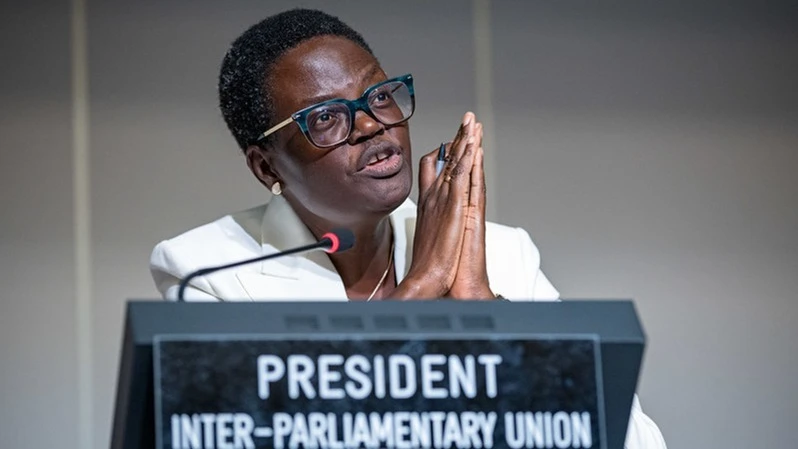Innovative system serves dwellers in informal settlements with clean water
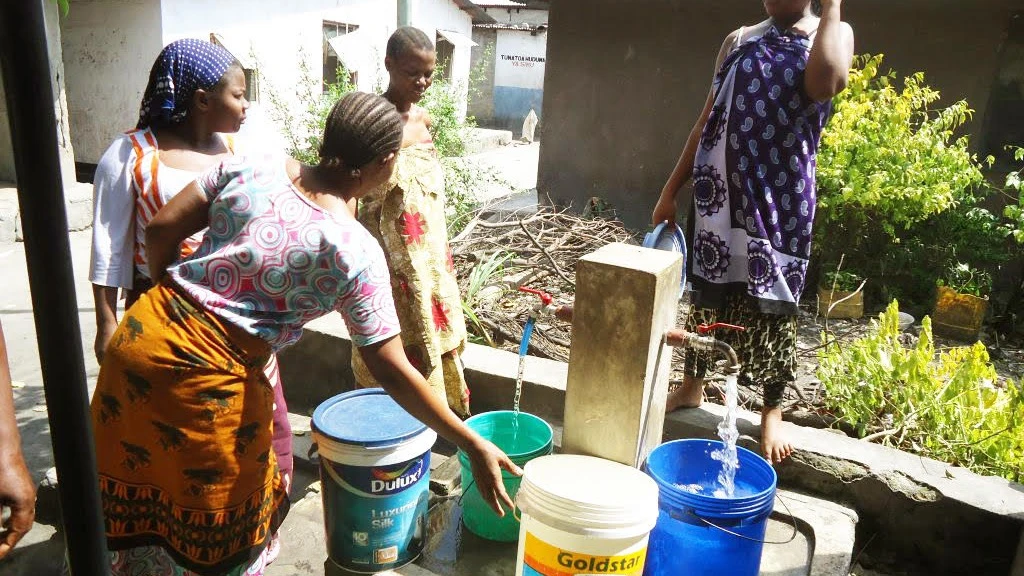
ACCESS to clean water and basic sanitation has long been a challenge for a number of Tanzanians, with many forced to take long distance walks daily to fetch water that may also be unsafe for consumption.
Insufficient water supply coverage impacts most severely on the poor in both urban and rural, the poor make their own, often insufficient arrangements to meet their needs for basic survival.
According to the World Bank (WB), only 61 percent of households in Tanzania currently have access to a basic water-supply, 32 percent have access to basic sanitation, and 48 percent have access to basic hygiene.
To help reduce the challenge, a section of stakeholders have been engaging in transformative collaboration to change the narrative, ensuring residents especially in deprived settlements have access to clean water.
Some few years ago, the Centre for Community Initiatives (CCI) in collaboration with the Tanzania Federation of the Urban Poor (TFUP) embarked on an initiative to support dwellers in unplanned urban settlements with clean water by extracting boreholes especially in settlements/areas which have not been supplied with the utility water.
According to Theresia Ntanga, CCI programme officer, the project first started at Keko Machungwa Street in Miburani Ward of Temeke Municipality in Dar es Salaam and has brought positive impacts to the residents.
In an interview in Dar es Salaam recently, Ntanga said the initiative started to be implemented in 2011 in Keko Machungwa where efforts to drill a big water well started closely engaging the local communities.
In 2012, the project reached a significant milestone with the completion of a deep borehole and the establishment of some initial distribution points (DPs). The borehole, reaching a depth of 70 meters, ensured access to a clean and reliable water source. Over time, the number of distribution points expanded to seven, further enhancing the community's access to water.
She said to make the project sustainable, CCI mobilized federation groups within settlements. The groups aimed to do daily savings, loaning and addressing development issues.
“The constructed water well in Keko Machungwa benefits over 700 residents, markets and guest houses. 27 households have been connected to water and six water centres have been built under supervision of CCI, TUPF through Amka Federation Group,” she said.
The water well has the capacity to pump 10,000 litres of water per hour supplying it to various connected houses and areas.
“This model involves closer engagement of the local community when implementing water projects, it enables the community to be supervisors of the projects, this promotes the suitability of the projects to benefit others in the future,” Ntanga elaborated.
She said the initiative has helped the community to form saving schemes which is an entry point towards organizing communities to access water by providing loans to the urban poor.
The officer further said the access of water to the community facilitated by providing affordable loans through a revolving fund known as Jenga where the groups utilize the funds to initiate the projects along with promoting saving culture.
According to Ntanga, monitoring and water quality control is another important part of community managed water schemes. The water kiosks typically have several taps normally two to five operated by appointed attendants.They present an effective way of delivering water services to urban communities where there is a basic domestic supply network in place.
The Amka Federation Group in Keko Machungwa, one of the many federation groups in the settlement, has successfully tackled one of the most pressing challenges faced by their community on access to clean and safe water.
She said by improving access to water supply poor communities, particularly living in informal settlements have reduced the time spent in accessing water and devote that time in other development activities, it has reduced the cost spent on water, and improved the health living condition of people.
“The success of the water project is attributed to the good planning and management by the Amka Federation Group. They installed water meters at all distribution points to ensure accurate measurement and billing of water usage. There is also a dedicated water committee that oversees the daily management of the well and ensures the smooth running of the project. Treasurers are responsible for collecting daily sales against the meter readings, ensuring transparency and accountability in the financial operations,” Ntanga explained.
She said that residents now have access to clean and affordable water, eliminating their dependence on unreliable water vendors. The project’s success has not only improved the health and well-being of the community but has also demonstrated the power of collective action and community-led initiatives.
The Centre further urges the government to adopt the ‘Community based Water Management Model for Informal Settlement’ developed by the centre in order to address water challenges facing various communities in the country.
Samwel John, CCI’s water and sanitation engineer said the model which has been piloted at Keko Machungwa, has produced positive results which include increasing transparency and accountability as well as increased cooperation between leaders and community.
“If the government could adopt this model, it can help address various water challenges facing communities in rural and urban areas. Big water wells can be drilled in villages and thus be able to supply water to people seven days a week,” he explained.
Samwel said during the inception of the model, communities participated in conducting need assessments, digging trenches, purchasing equipment, selection of areas, negotiation with colleagues in their areas, and choosing a place to invest in the project.
“The model has brought a number of positive impacts which include strengthened sustainable supply of clean and safe water in the intervention areas; time spent on fetching water is now invested on other developmental issues; There is improvement of health especially sanitation and hygiene related issues; capacity strengthened to group members on leadership, decision making, resulted to increased assertiveness even at local meetings.”
It has also opened up additional opportunities for women, and they have learnt on how to grab them through different connections at Ward, Municipal, and Ministry’s level.
Antonia Lucas, one of the lead members of the Amka Federation Group at Keko Machungwa and supervisor of the project said hundreds of residents have got relief following the implementation of the water project in the area.
She said the project has brought happiness to the residents especially girls and women who are the biggest victims of the challenge as they were walking early in the morning to search for the precious liquid.
“Previously, the situation was intense, the community especially women were carrying a big burden as they are the ones who are forced to walk miles away tom search for water, if we fail to walk to the water sites, we were then forced to buy a bucket of 20-litres between five 500/- and 1000/- from water vendors. We are very grateful to CCI for bringing us this water project here,” she explained.
She said water kiosks/centres present a unique added advantage to the group’s existing saving schemes where on top of empowering members economically through selling of water, provision of safe and clean water is made possible to the wider community and time spent on access, especially by women is reduced.
Husna Juma, one of the water centre supervisors said residents at the streets have for years lived a very difficult life and sometimes they were forced to fetch water in streams which are not safe.
“But the borehole constructed here is a great saviour and we real thank CCI, as a supervisor of the water centre here I sell water to people and required to submit collections every day to the treasurer of the group, but by doing this I am paid every month, so this is my part-time job apart from engaging in small businesses,” she explained.
The World Bank says providing universal access to water supply, sanitation, and hygiene (WASH) could reduce Tanzania’s economic losses by $1.9 billion (about 4.4trn/-) per year by 2030.
Top Headlines
© 2024 IPPMEDIA.COM. ALL RIGHTS RESERVED











